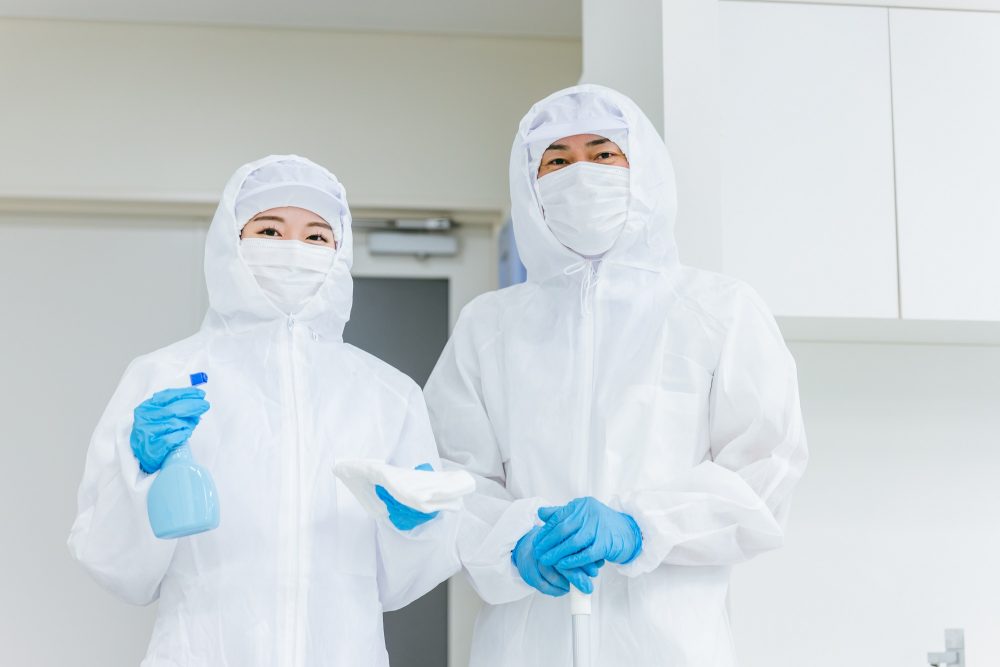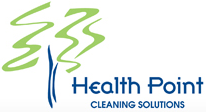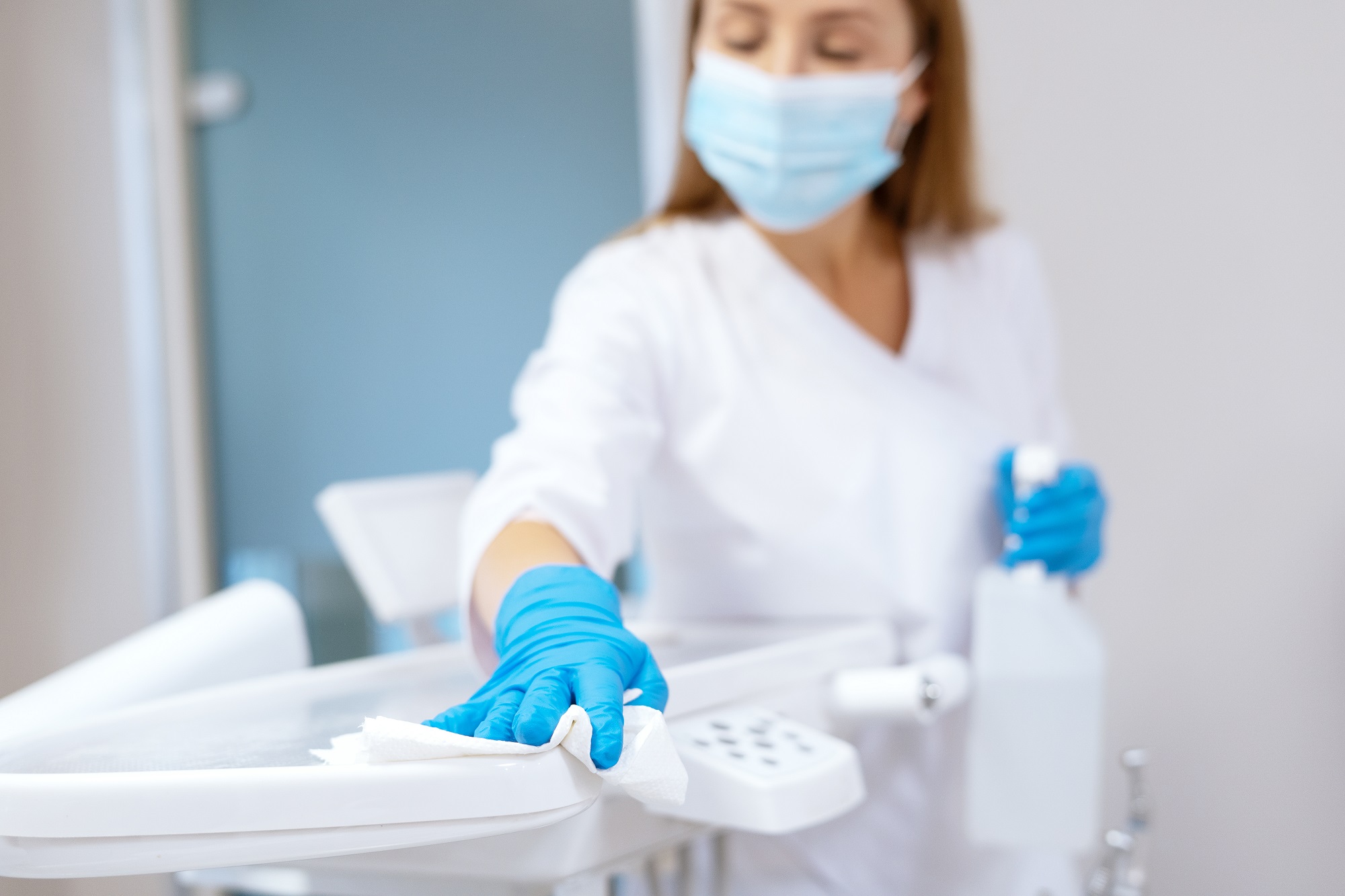Medical waste management is vital for keeping our communities safe. This article explains what it is, why it matters, and how it affects you. It focuses on the importance of proper handling and disposal of medical waste in places like Phoenix, Arizona.
Table of Contents
Key Takeaways
- Medical waste includes items like needles, bandages, and other materials used in health care.
- Proper management protects public health and the environment.
- Following local regulations helps keep our community safe.
- There are safe disposal methods that everyone should know.
- Understanding the types of medical waste can aid in proper management.
What is Medical Waste Management?

When you think of Medical Waste Management, picture items that come from hospitals, clinics, and other healthcare settings. This waste can be dangerous. It includes items like used needles, blood-soaked bandages, or any materials that may be contaminated. The key goal of medical waste management is to handle these materials safely. This ensures they do not harm people or the environment.
Types of Medical Waste
Medical waste can be grouped into different types. Understanding these types can help in managing them.
| Type of Medical Waste | Description | Examples |
|---|---|---|
| General Waste | Non-hazardous items similar to regular trash | Paper, plastic wrappers |
| Biohazardous Waste | Infectious materials capable of spreading diseases | Used gloves, bandages |
| Sharps Waste | Puncture or cut items | Needles, blades |
| Pharmaceutical Waste | Expired or unused medications | Old prescriptions, liquid meds |
The Importance of Medical Waste Management
Medical waste management is important for several reasons. First, it helps protect the health of workers in hospitals and clinics. They are at risk if they come into contact with harmful waste. Second, it prevents the spread of diseases. When waste is not managed properly, it can end up in places where people can touch it. This can lead to infections or other health issues.
In Phoenix, the heat can make things worse. High temperatures can cause some waste to break down and release toxins. Thus, proper waste management is even more important in our climate.
How Medical Waste is Managed

Managing medical waste involves a few steps. It starts with proper segregation. Each type of waste must go into the right container. For example, sharps go into a puncture-proof container. This way, they won’t cause injuries.
Next, waste must be transported to a safe location for disposal. It is essential to keep it secure during this phase. This prevents spills or exposure to the public.
Finally, the waste is treated and disposed of. There are several methods to do this safely.
Incineration
This is a common method for disposing of medical waste. Waste is burned at high temperatures. This destroys harmful materials but creates ash that must also be handled properly.
Autoclaving
This process uses steam to sterilize waste. After treatment, the waste can often be disposed of as general waste.
Landfilling
Some medical waste can go to landfills, but only when properly treated. Landfills must follow strict guidelines to ensure safety.
Recycling
Certain materials, like plastics, can be recycled. This helps reduce waste and protect the environment.
Best Practices for Medical Waste Management
- Regular staff training on waste handling
- Clear labeling for waste containers
- Scheduled waste pickups to minimize risk
- Community education on safe disposal methods
In Phoenix, there are specific regulations for medical waste management. These laws help ensure the safety of both people and the environment. Healthcare facilities must follow these rules closely.
The Role of the Arizona Department of Environmental Quality
The Arizona Department of Environmental Quality oversees waste management. They provide guidelines for how to handle and dispose of medical waste. This includes information on storage, transportation, and disposal methods.
Compliance is Key
Healthcare providers must be compliant with local laws. This means they must train their staff on how to handle medical waste correctly. Regular inspections can occur to make sure that everyone follows the rules.
Risks of Poor Medical Waste Management
Poor management of medical waste can lead to serious health risks. Here are some of the dangers.
Infection Spread
If medical waste is not disposed of properly, it can spread infections. This can affect healthcare workers and the community.
Environmental Hazard
Harmful materials can leak into the ground or water. This can cause pollution and affect local wildlife.
Legal Consequences
Facilities that do not follow regulations can face fines or legal action. This can damage their reputation and hurt their business.
Community Awareness and Education
Educating the community about medical waste is important. People should know what to do if they find items like needles. Here are some ways to spread awareness:
Workshops
Local health departments can hold workshops to teach community members about medical waste management.
School Programs
Schools can include lessons on the importance of waste management. This can help kids learn the right practices early on.
Informational Materials
Brochures or flyers can provide information on how to dispose of medical items safely.
The Role of Healthcare Facilities
Healthcare facilities play a big role in managing medical waste. They must ensure their staff knows how to handle waste safely. Training programs should be regular and up-to-date.
Staff Training
All workers should understand the types of waste and how to manage them. Regular training sessions can keep everyone informed.
Safety Protocols
Facilities need strict protocols for waste management. This includes proper labeling of containers and safe transportation.
How You Can Help Medical Waste Management
You can also play a part in keeping your community safe. Here are some actions you can take:
Safe Disposal
If you use medical items at home, find out how to dispose of them safely. Many pharmacies and clinics offer take-back programs for expired medications.
Report Issues
If you see medical waste improperly disposed of, report it to local authorities. This can help prevent safety hazards.
Educate Others
Share what you learn about medical waste management with family and friends. The more people know, the safer our community will be.
| Community Action Steps | Description |
|---|---|
| Safe Disposal Programs | Participating in take-back events for medications |
| Reporting Hazardous Waste | Contacting local authorities about improperly disposed waste |
| Spreading Awareness | Sharing information with friends and family about safe disposal methods |
Conclusion
Medical waste management is essential for keeping our environment safe. By understanding what it is, its importance, and how to manage it, you can help protect your community. Whether you are a healthcare worker or a resident of Phoenix, everyone plays a part.
Follow local regulations, educate yourself, and practice safe disposal methods. Together, we can ensure a healthier future for Phoenix.
Final Thoughts
Managing medical waste is a shared responsibility. By being aware of the types of waste and understanding local regulations, we can all work together. Remember, safety starts with education and awareness. Take the steps needed to keep our community clean and healthy.
Feel free to reach out to local health departments or waste management services for more information. Together, we can make a difference. You can visit our website or call us.

